Readers turning the opening pages of Re.creation: A Queer Poetry Anthology will find that the book has been published from somewhere not often associated with the literary scene: Tarland, Aberdeenshire.
Duncan Lockerbie, director of Stewed Rhubarb Press, is happy that an anthology of poetry by LGBTQ+ writers is associated with Tarland. He hopes it will be a book in which younger LGBTQ+ people growing up in rural places will see themselves reflected.
Lockerbie has overseen the anthology’s publication from his home and workplace in Tarland. Among the many tasks involved in putting Re.creation together, he describes typesetting as one of the most memorable. “Some of the poems were quite a challenge, in a good way,” he says.
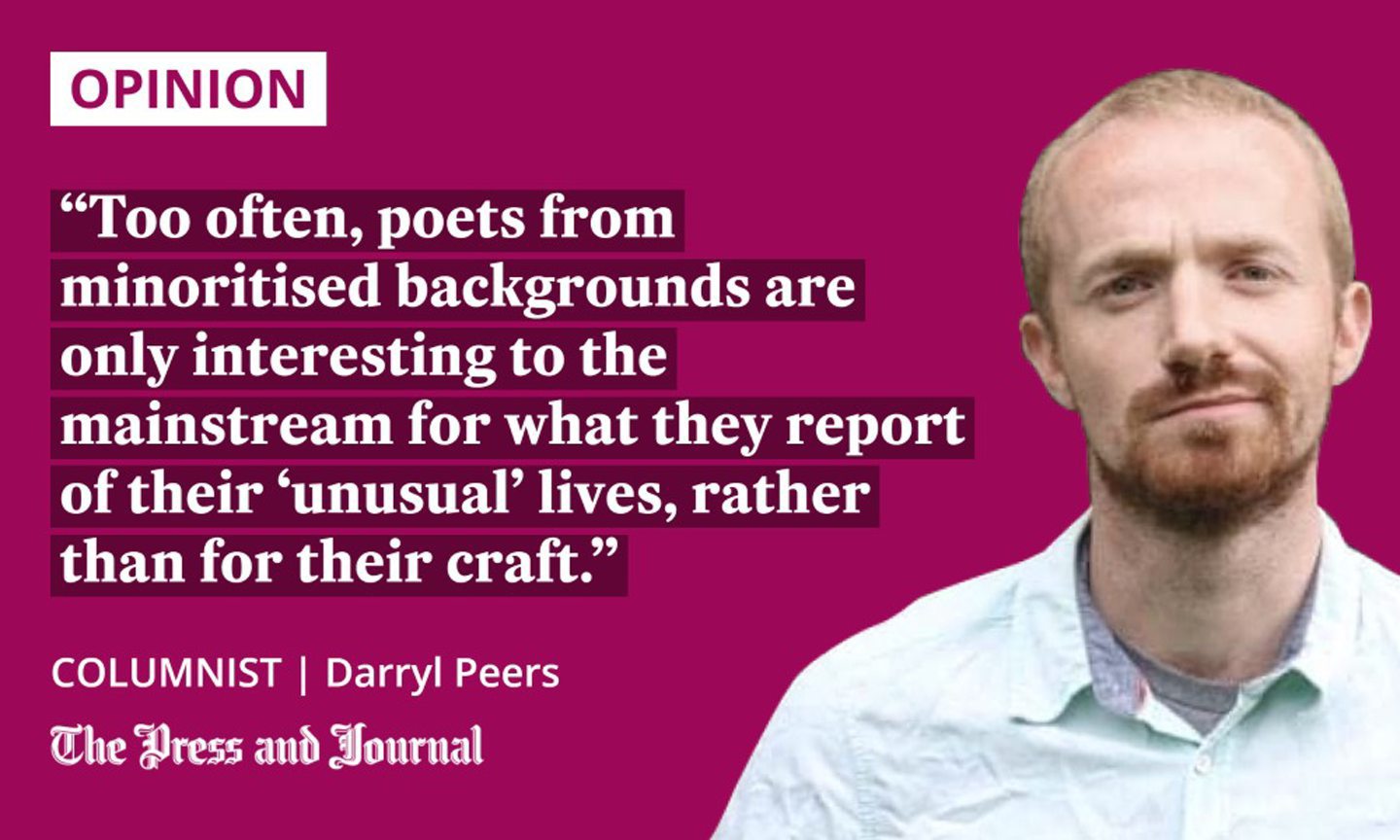
With this anthology, editors Éadaoín Lynch and Alycia Pirmohamed have assembled a formally diverse range of poetry which places well-known names alongside poets in print for the first time.
Readers encounter traditional poetic forms like Deenah Al-Aqsa’s ghazal: a sign from Allah. They turn the book 90 degrees to read poems by Sam J Grudgings and Mariam Varsimashvili. They squint to make out words obscured by strikethrough in Kat Payne Ware’s First Touch, or running off the side of the page in Harry Josephine Giles’s Mellishon.
They read Scots in Kira Scott’s Leave Tae Live, Gaelic in Christopher Whyte’s Cearcall-Suidhe, and Spanish in Antonela Pallini-Zemin’s La Hora de las Brujas / Shamaness.
Incredibly exciting arrival at @recreationpoets HQ today – a proof copy of the anthology!
It’s always just when you finally hold it in your hands you remember it’s real. Thank you to everyone who’s made it happen. 🍑 pic.twitter.com/2y6eixvNUf
— Re•creation (@recreationpoets) July 4, 2022
Introducing the anthology, Lynch and Pirmohamed say it “will fail – and that failure is necessary”. This reflects their editorial approach, where a readiness to listen to other perspectives and adapt accordingly was key to how they worked.
The anthology is a porous book; rather than forming a rigid canon, it feels like a hub around which diverse communities may gather.
The editors have designed the anthology based on an ethos of “intersectionality”, and Pirmohamed adds that, for them, representing diversity is coextensive with the emphasis they placed “on quality”.
Allowing new possibilities to unfold
Too often, poets from minoritised backgrounds are considered less inventive than their normative counterparts, only interesting to the mainstream for what they report of their “unusual” lives, rather than for their craft.
The editors have selected poems which defy simple grouping by theme, though many find the queer in the rural and natural world
In Re.creation, each poem offers a discrete interpretation of what it might mean or not mean to be queer. The term has gathered such currency because it can make things simple and gesture to complication at the same time.
I can say “I am queer” and people will know what I mean, but they will not know exactly what I mean: the word’s power lies in part in its ability to allow for one to not entirely know themselves, to make space for the possibilities which may yet be unfolding within them. If the poems of Re.creation are queer, they are queer because they allow new possibilities to unfold for their readers.
The editors have selected poems which defy simple grouping by theme, though many find the queer in the rural and natural world. For instance, in Kira Scott’s Leave Tae Live, Aberdeenshire writer Nan Shepherd serves as the speaker’s imagined guide on a walk into the Highlands, leading her to find the “unfettered delight eh standing in the drifting sky”.
In Jay Gao’s Eulogy to a Young Sailor, the danger threatened in the oceans is suggested by their comparison with “speculative catastrophes”. Andrés N Ordorica’s The River turns into a Waterfall imagines what diving “under murky water” must be like for a beaver, animals which, in recent years, we have seen reintroduced to the Scottish countryside.
On the other hand, poems like Mary Jean Chan’s Glance unearth the drama in everyday domesticity. In an apartment, we are told, “speech unravels like smoke”.
The simple act of dusting a radiator exposes a life “at risk of catching alight” in Dean Atta’s Tenement and, in Andrew McMillan’s poem, domestic: portrait, the “untuned radio of rain against the window” gestures to a dissolving barrier between the volatility of a storm outside and the life lived inside.
An anthology for everyone
The anthology’s strength lies in its multitudinous array of styles and subjects, demonstrating that a poetry’s queerness is only a baseline from which its explorations begin.
The poems within spiral out in unexpected directions from that starting point. They do not ask specialised knowledge of their readers, or a prior interest in poetry. This is an anthology for everyone to read.
And the book’s Edinburgh hybrid launch on July 30 will be an event that everyone can take part in. Those unable to be there in person can attend virtually, and it will be British Sign Language interpreted.
There is good reason to celebrate: from its beginnings as a project threatened by what Lynch calls “a series of rejections”, Re.creation is soon to be a book we can hold in our hands.
Darryl Peers is a writer from the north-east of Scotland

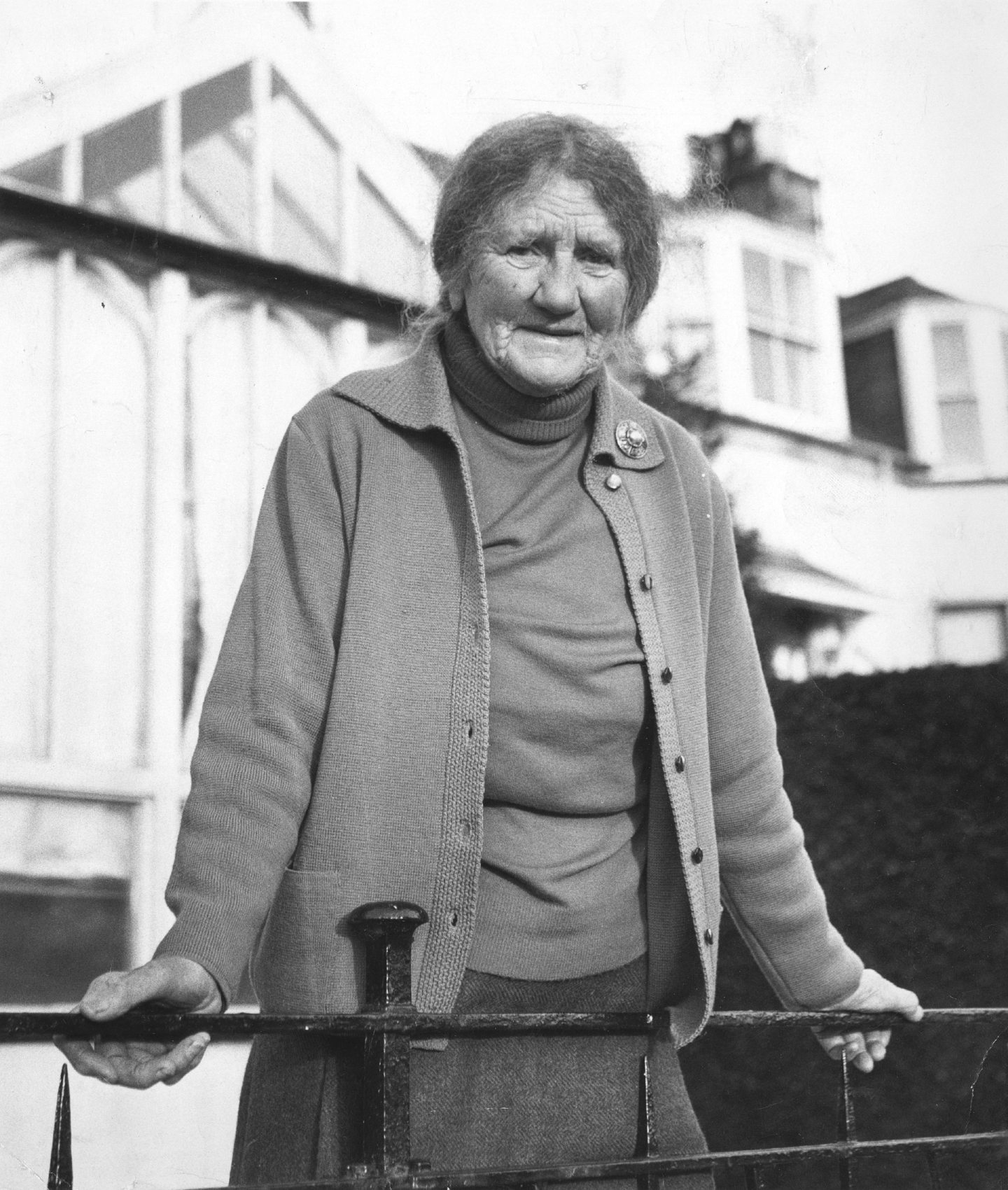
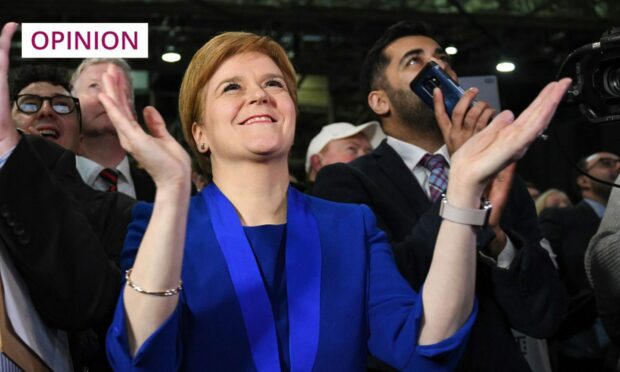
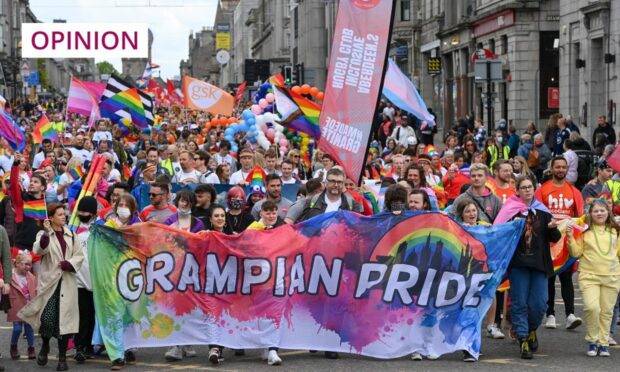

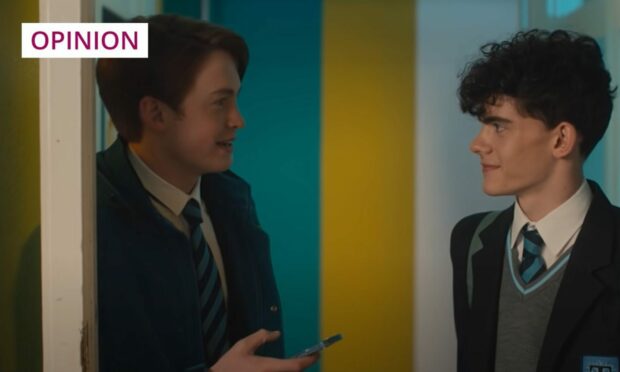
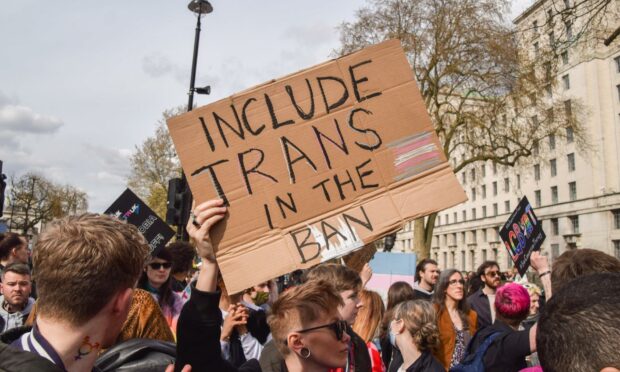
Conversation